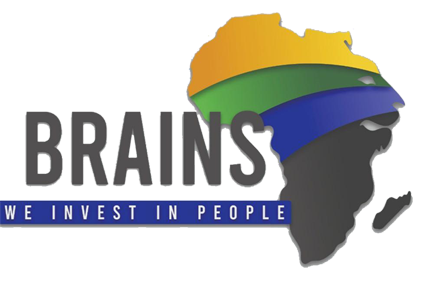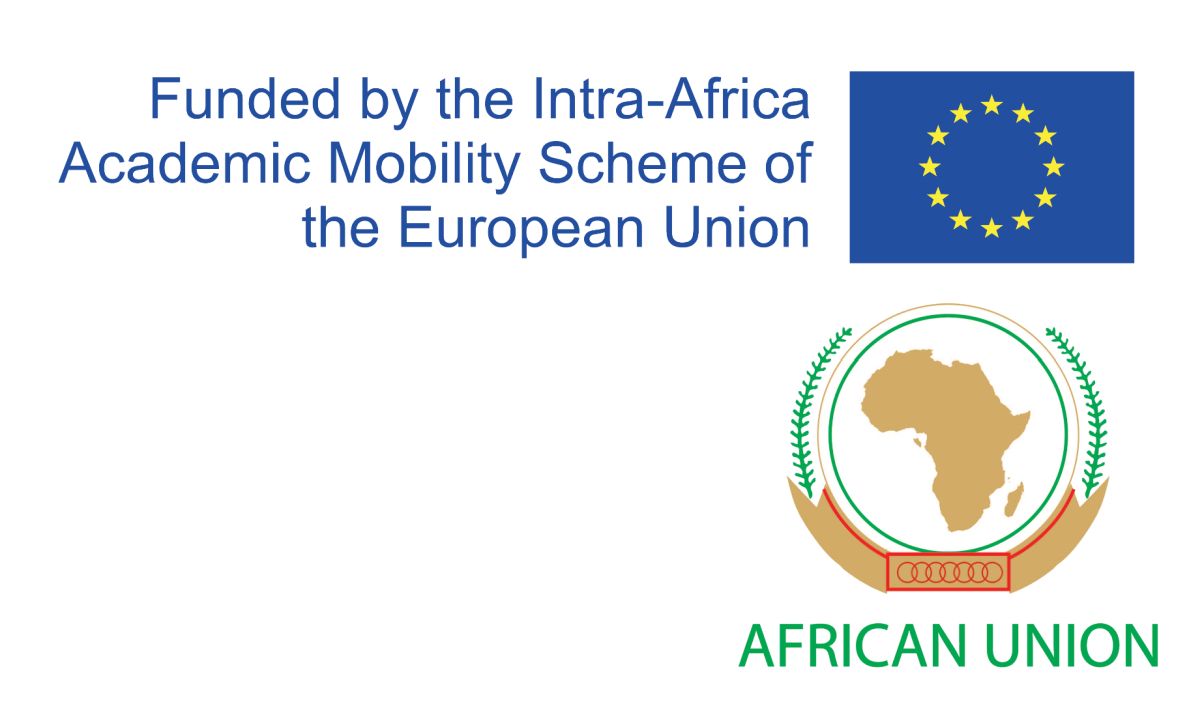The Intra-Africa Academic Mobility Scheme, a joint initiative of the African Union and the European Union supports higher education cooperation between countries in Africa and aims to promote sustainable development by increasing the availability of trained and qualified high-level professional manpower in Africa.

What is the Intra-Africa Academic Mobility Scheme?
What is BRAINS?
BRAINS is the acronym for MoBility for Research and African Integration through Health Sciences. This is an application for intra-African mobility funded by the EU in the Horizon 2020 program. The project will be able to train Masters and PhD students between the six African countries. We will also support short term staff mobilities for up to six months each within the consortium.
Who are the partners involved in BRAINS?
| REGION | COUNTRY | UNIVERSITY |
| North Africa | Morocco | Hassan II University of Casablanca |
| Tunisia | University of Tunis El Manar | |
| west Africa | Ghana | University of Ghana |
| Central Africa | Gabon | Université des Sciences de la Santé de Libreville |
| Kenya | Strathmore University | |
| South Africa | South Africa | University of Cape Town |
The technical partner is the Université Polytechnique Hauts-de-France in France
Do I qualify for the scholarship?- What is the eligibility criteria?
To be eligible for the scholarship, masters and doctoral students must:
- Must be a national and/ or resident of an eligible country.
- At the time of the application for a scholarship, be registered/admitted in their final year or have obtained their most recent degree (or equivalent) from:
- one of the higher education institutions included in the partnership (Target Group 1);
or - a higher education institution not included in the partnership but established in an eligible country (Target Group 2)
- one of the higher education institutions included in the partnership (Target Group 1);
- Have sufficient knowledge of the language of instruction in the host institution.
- Meet the specific requirements of the host institution.
For staff to be eligible for BRAINS scholarships, they need to comply with the following criteria:
- Be a national and resident in any of the eligible countries.
- Work in or be associated with a partner higher education institution.
- Have sufficient knowledge of the operational language in the host institution.
What are the different target groups?
| Participants | Mobility types | Duration | |
| Target Group 1 | Students Registered/admitted in or having obtained a higher education institution degree from one of the six African partner institutions, wishing to study at a different partner institution | Masters
Doctorate |
6-24 Months 6-48 Months |
| Staff
Working in or associated with one of six African partner institutions, wishing to visit a different partner institution. |
Visits for teaching and/or research, or for engagement on administration,finance and management | 1-6 Months | |
| Target Group 2 | Students
Registered in or having obtained a degree from a higher education institution not included in the partnership but established in an eligible country wishing to study at a partner institution in another country. |
Master’s
Doctorate
|
6-24 months
6-48 months
|
Which are the institutions in Target Group 2?
|
African Region
|
Participating Universities |
|
North Africa |
|
| South Africa |
|
| East Africa |
|
| West Africa |
|
| Central Africa |
|
What are the programmes that I may apply for?
A detailed list of the available programmes can be found under the section BRAINS Courses in the BRAINS website.
What happens after I have submitted my application?
First Step: The Coordination Office will verify all applications and will invalidate those that do not comply with the eligibility criteria established by the programme, the partnership and the host institution.
Second Step: Eligible applications will be considered by the BRAINS Student Selection Committee, which comprises representatives from each partner institution who are experienced academics.
Third Step: The Coordinating Office will send the home and host institutions a list of selected scholarship holders for participation in the BRAINS mobility project.
Fourth Step: All applicants will be informed by e-mail of the application outcome.
How do I apply for the scholarship?
Visit the section “Apply now” on the website for instructions on how to complete your application. ONLY ONLINE APPLICATIONS WILL BE CONSIDERED.
Which additional documentation do I need to take up a scholarship offer?
Details of additional documentation needed, or which visa to apply for, are communicated to successful applicants (after receipt, review and assessment of their applications).
What is the financial support of the scholarship?
The BRAINS individual scholarships covers:
- Roundtrip flight ticket and visa costs
- Participation costs such as tuition fees, registration fees and service fees where applicable
- Insurance (health, accident, travel);
- A settling-in allowance
- A monthly subsistence allowance
- Allowances for female scholarship holders
- A contribution towards the research costs associated with student mobility of 10 months or longer
Full details on the financial conditions of the scholarship can also be found under ‘Scholarship-Financial support of the Scholarship’.
How do I stay in touch?
Write to us using our online contact form and an email reply will be returned to you, or contact us via email provided in the contact us tab
How will the project protect my personal data?
All submitted applications will be stored as read-only documents in a protected database. The legal requirements of the partner universities concerning the manipulation of personal data will be observed and the information submitted online will remain confidential. The data will only be accessed by authorized persons at the host institutions and at the Coordination Office. Members of the Selection Committee will have confidential access to the data.

